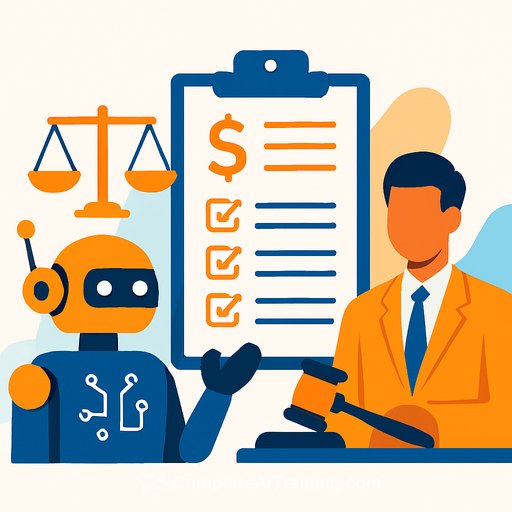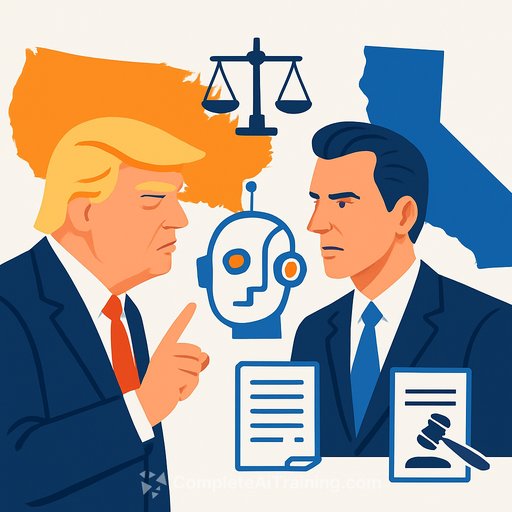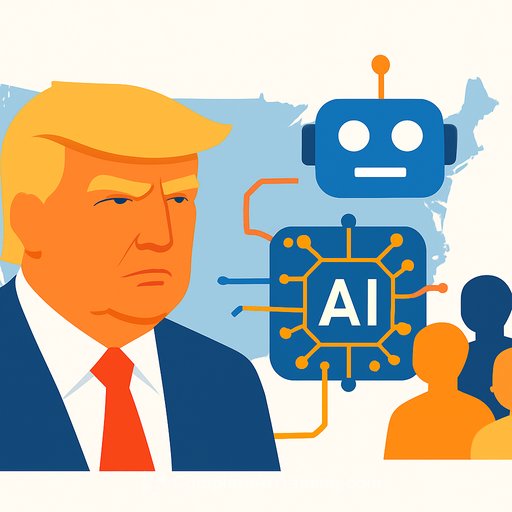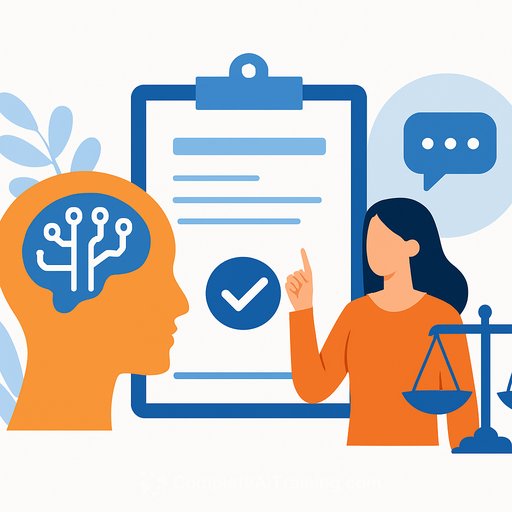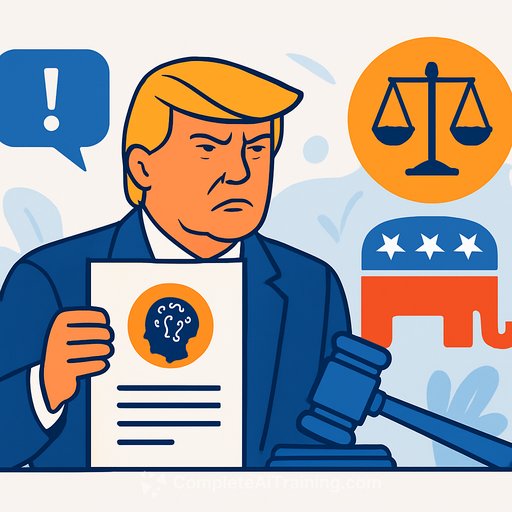Virginia State Bar Offers Clear Guidance on Billing for AI Use in Legal Practice
The Virginia State Bar (VSB) recently approved Legal Ethics Opinion 1901 (LEO 1901), providing much-needed clarity on how lawyers can ethically bill for services involving artificial intelligence (AI), particularly generative AI. This guidance acknowledges the shift from traditional time-based billing to fee structures that reflect the value of legal work, even when AI tools reduce the actual hours spent.
Key Points of LEO 1901
- Legal fees can be based on value, not strictly on hours worked, as supported by Rule 1.5 of the Rules of Professional Conduct.
- Generative AI requires specialized skills to use effectively, which justifies maintaining or adjusting fees independent of time saved.
- The opinion diverges from prior guidance from the American Bar Association (ABA) and the North Carolina Bar, offering a more flexible approach.
Beyond the Billable Hour
LEO 1901 addresses concerns about billing when AI tools reduce the time required for routine legal tasks such as document drafting or preliminary research. It recognizes that while AI can speed up these tasks, the skill needed to properly incorporate and supervise AI outputs is significant. This means lawyers are not ethically bound to reduce their fees proportionally to the time saved.
Virginia Ethics Counsel Emily Hedrick emphasized that the opinion counters the notion that time spent is the sole measure of fee reasonableness. Instead, it highlights multiple factors in Rule 1.5(a), including the lawyer’s experience and the complexity of the work.
Attorney Tricia Dunlap from Richmond noted, “For too long, our profession has suffered under the tyranny of the billable hour.” She welcomes this shift toward valuing the help lawyers provide rather than just the hours logged.
Time vs. Skill in AI-Enhanced Legal Work
LEO 1901 frames the issue as relevant to any efficiency-enhancing tool, not just AI. It explains the tension between the actual time spent and the skill required to deliver quality legal work. Using AI demands “specialized knowledge” to prompt the technology effectively and to apply human judgment in reviewing AI outputs.
Roanoke attorney Beth Burgin Waller highlighted that generative AI can “hallucinate” or produce incorrect information, which requires vigilant oversight by the lawyer. This oversight, combined with technical skill, supports maintaining value-based billing even when production time decreases.
The opinion encourages lawyers to consider various billing methods beyond hourly fees, provided they comply with Rule 1.5 and transparently explain their fee structures to clients.
How LEO 1901 Differs from Other Ethics Opinions
Unlike the ABA Formal Opinion 512, which suggests it may be unreasonable to charge the same flat fee when using AI as when not, Virginia’s opinion takes a more nuanced stance. It allows for the same non-hourly fee regardless of AI use, recognizing the additional skills involved.
Similarly, the North Carolina Bar’s opinion leaves open how much a flat fee should adjust if AI reduces time. LEO 1901 clearly states it is not automatically unreasonable to maintain similar fees with AI assistance.
Looking Ahead: Embracing New Billing Approaches
Virginia continues to lead in integrating technology and legal ethics, offering lawyers flexibility to innovate with AI tools without sacrificing ethical standards. As Dunlap points out, moving from time-based to value-based billing requires careful consideration and a shift in mindset.
This transition demands investment in training and a focus on the actual value delivered to clients rather than hours worked. Law firms willing to adapt will stay competitive as AI becomes more integrated into legal practice.
Additional Resources
- Explore courses on AI and legal technology at Complete AI Training.
- Learn more about ethical billing practices in the legal profession through resources provided by the American Bar Association.
Your membership also unlocks:

